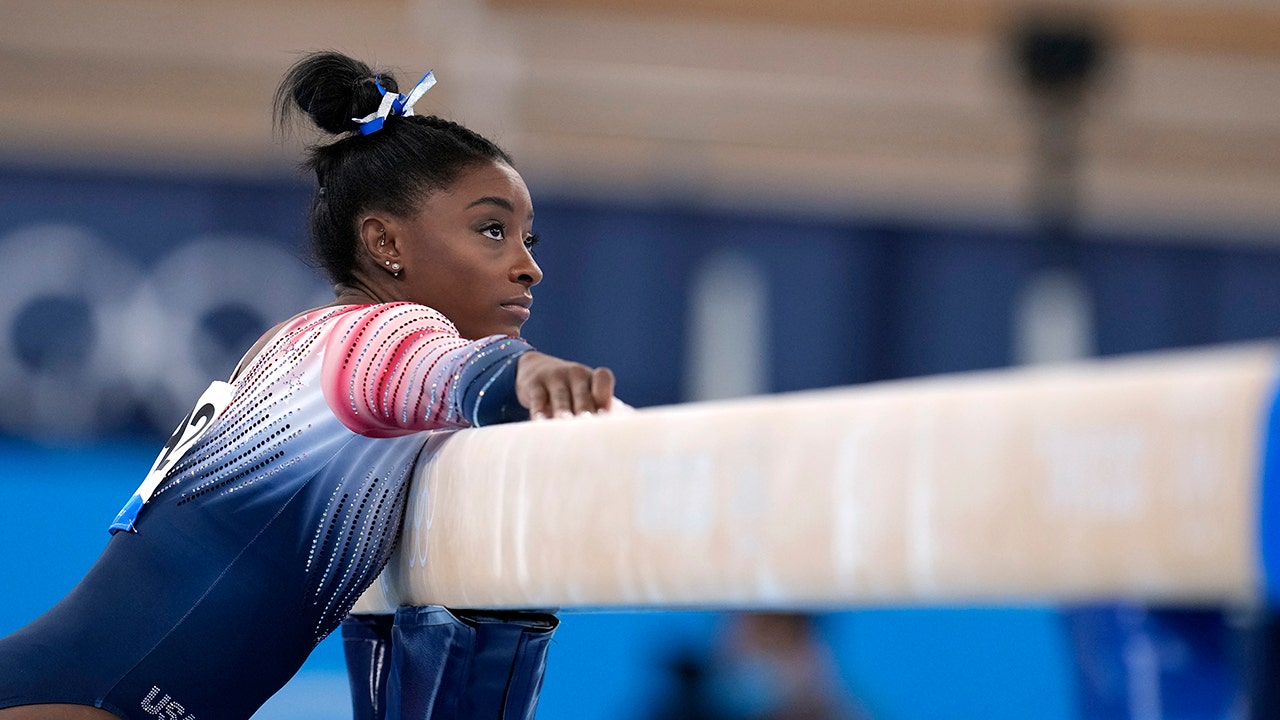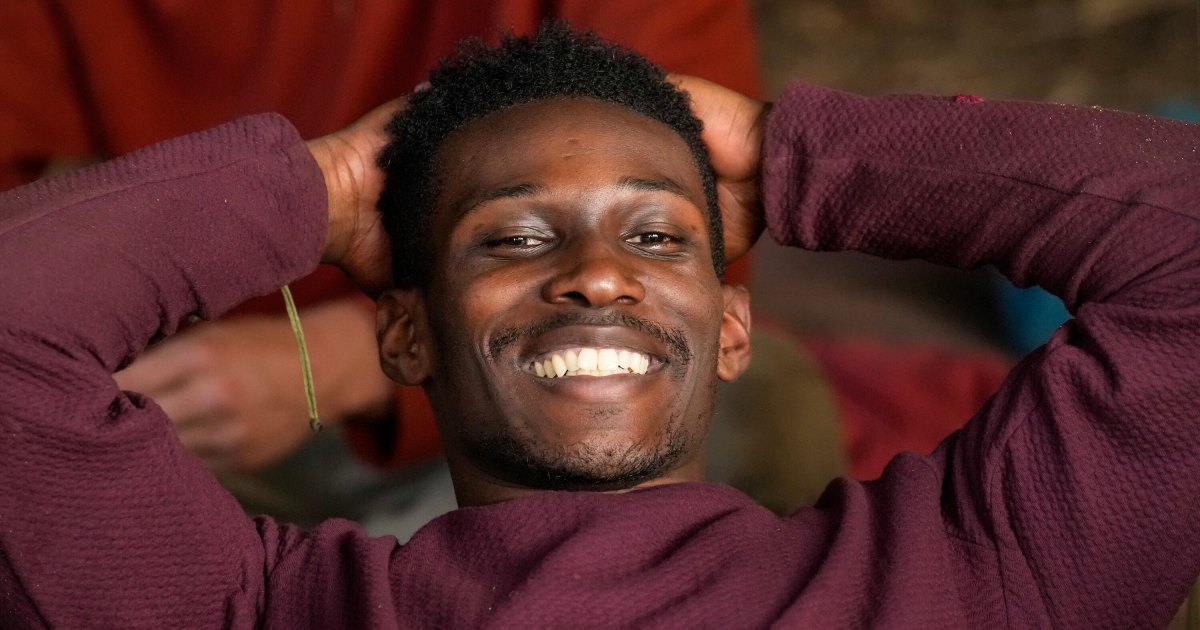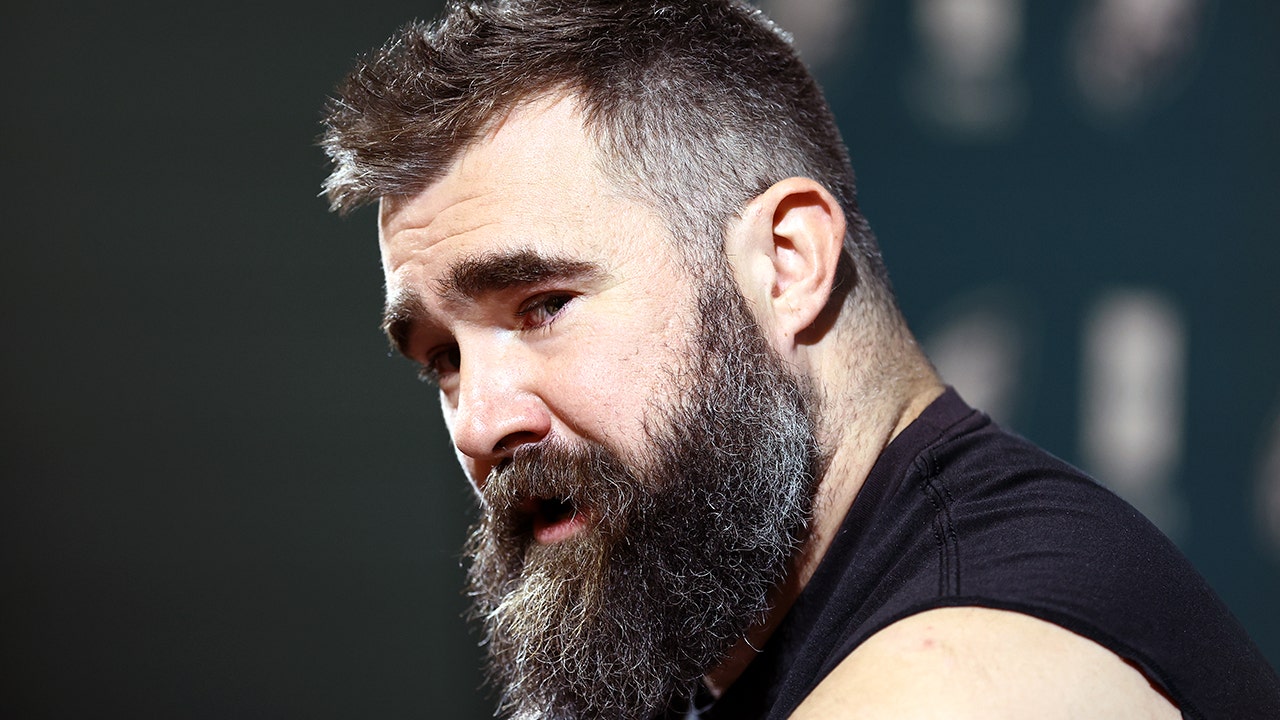What do you learn whenever you’re engaged on a e book? And what sort of studying do you keep away from whereas writing?
I’m not superstitious in that method. Albert Camus stated that writers ought to have the ability — after studying the primary web page — to inform if the e book is for them. William Gass had an analogous check: Flip to web page 100 and skim a pattern paragraph. I don’t proceed studying books that I don’t love. I’m now writing a e book about experimental, avant-garde, essayistic, documentary movies, and I’m attempting to not learn too many books on this actual topic, lest all of the wind whoosh out of my sails.
Has a e book ever introduced you nearer to a different particular person, or come between you?
A number of years in the past, my former scholar Caleb Powell and I co-wrote a e book referred to as “I Suppose You’re Completely Improper: A Quarrel.” We even play ourselves within the very low-budget movie adaptation. (Victor LaValle stated to me it’s one of many only a few occasions he’s ever seen genuine awkwardness onscreen. I feel this may occasionally probably have been meant as reward; we have been so dangerous we have been good?) In any case, Caleb and I had been weirdly antagonistic towards one another for many years alongside the life-versus-art hall. We’re now mates, although, after all, a tiny residue of that earlier stress stays.
Your new e book is a kind of autobiography constructed out of questions that interviewers have requested you, minus the solutions. Are you able to advocate different experimental or unconventional memoirs?
The questions are solely very loosely based mostly on questions I’ve been requested; I then rewrote, reimagined, reinvented them. I’m within the essential intelligence within the imaginative place, self-portraits in convex mirrors, autobiographies by any means mandatory. Henry Adams, “The Training of Henry Adams.” James Agee, “Let Us Now Reward Well-known Males.” Hilton Als, “The Ladies.” Julian Barnes, “Nothing to Be Frightened Of.” Theresa Hak Kyung Cha, “Dictee.” “The Journals of John Cheever.” Alphonse Daudet, “Within the Land of Ache.” Marguerite Duras, “The Lover.” F. Scott Fitzgerald, “The Crack-Up.” Jonathan Safran Foer, “A Primer for the Punctuation of Coronary heart Illness.” Hervé Guibert, “The Mausoleum of Lovers.” Spalding Grey, “Morning, Midday and Evening.” Elizabeth Hardwick, “Sleepless Nights.” Margo Jefferson, “Negroland.” Édouard Levé, “Autoportrait.” Rian Malan, “My Traitor’s Coronary heart.” David Markson, “This Is Not a Novel.” Leonard Michaels, “Journal.” V. S. Naipaul, “A Method within the World.” Friedrich Nietzsche, “Ecce Homo.” Fernando Pessoa, “The Ebook of Disquiet.” Jonathan Raban, “For Love & Cash.” W. G. Sebald, “Rings of Saturn.” Jean Stafford, “A Mom in Historical past.” Jean Toomer, “Cane.” George W. S. Trow, “My Pilgrim’s Progress.”
What’s probably the most attention-grabbing factor you realized from a e book just lately?
Learn how to microdose (James Fadiman, “The Psychedelic Explorer’s Information: Secure, Therapeutic, and Sacred Journeys”).
Which topics do you want extra authors would write about?
Dying. As Cormac McCarthy has stated: “Dying is the key problem on the planet. For you, for me, for all of us. It simply is. To not have the ability to discuss it is extremely odd.” I feel we should always discuss it extra. I do know I’ve definitely executed my half.




